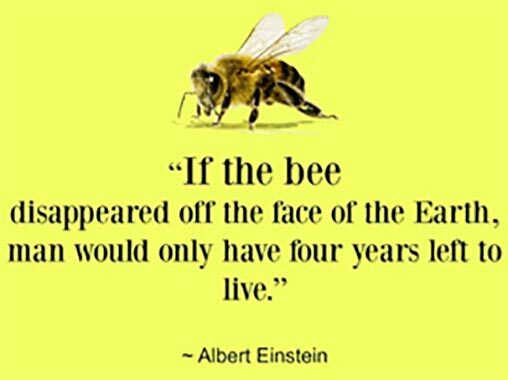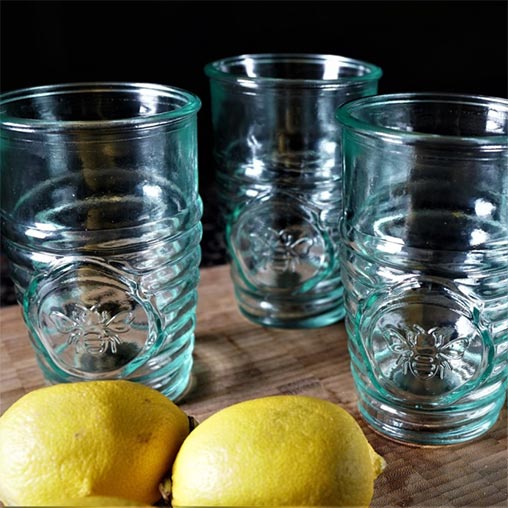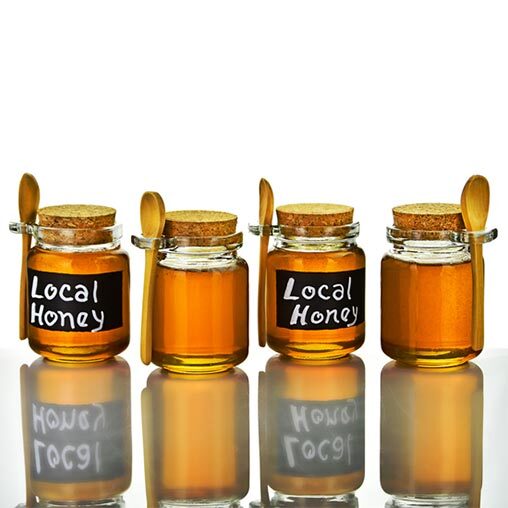
If you’ve tuned in to social media recently, you’ve likely heard of the decrease in bee populations worldwide. Colony Collapse Disorder, or CCD, is the name given to a very mysterious plight that has been affecting bees across the world and is characterized by the total disappearance of worker bees.
This causes other bees in the hive, including the Queen, to starve to death. Since bees are vital to many kinds of agricultural crops, without them, most crops will not be pollinated which results in crops not maturing properly.
Scientists throughout the world are diligently studying CCD to determine the cause through researching different factors and issues. Unfortunately, the combination of disappearing bees and empty hives around the world seems to be increasing without a definitive reason in spite of the serious efforts.
How can you help?
1) First, celebrate the honey bee! In 2009, beekeepers from the US petitioned the USDA for an official day to honor honey bees and the art of beekeeping. Once known as National Bee Awareness Day, August 17, 2019 will observe World Honey Bee Day to applaud the insect responsible for more than 1/3 of the food we eat!
Pay tribute by raising a glass of a crisp, refreshing, summertime beverage that includes honey as an ingredient. Chill one of these recipes in the Couronne Co. 270.5oz Bee Quenched Recycled Glass Beverage Dispenser.

Pair with the
11oz Bee Quenched Drinking Glasses for a Bee-utiful serving set.

2) Support local beekeepers and source your honey locally by visiting farmer’s markets and other businesses. If you are a honey manufacturer, Couronne Co. has an array of containers suitable for packaging and promoting the resulting golden goodness of bees. Our 8.5oz Glass Jar with cork made of 50% recycled material provides a practical and eco-friendly solution to packaging needs. The attached wooden spoon lets your customers enjoy their purchase while continuing to shop.

3) Host a Bee Aware party for your neighborhood or organization. Gift each with a sample size of a local honey in the Couronne 1/2oz Glass Honey Pot which is available in bright Spring colors. Gather useful and entertaining information for each attendee to take home so they can forward the message.
Did you know:
• Honey bees flap their tiny wings around 11,400 times per minute, which produces their distinctive humming sound and allows then to fly at speeds up to 20 mph.
• The queen can live up to five years. She is busiest in the summer months, when she can lay up to 2,500 eggs a day!
• Foragers, or worker bees, must collect nectar from about 2 million flowers to make 1 pound of honey. The average forager makes about a half a teaspoon of honey in her lifetime.
• The natural fruit sugars in honey – fructose and glucose – are quickly digested by the body. This is why sportsmen and athletes use honey to give them a natural energy boost.
• Honey lasts an incredibly long time. An explorer who found a 2000 year old jar of honey in an Egyptian tomb said it tasted delicious!
• Honey’s ability to attract and retain moisture means it has long been used as a beauty treatment. It was part of Cleopatra’s daily beauty ritual.

4) Plant a bee water garden to attract pollinators. During foraging season, bees gather water to dilute honey that is too thick and also to cool the hive during hot weather. In a large but shallow bowl, arrange rocks along the bottom and fill with enough water to partially cover the rocks. Bees need dry rock to land on. Check the bowl regularly for the proper water level.
5) Create a bee pollinator habitat with bee friendly plants in your yard or at your school or business. Bees are most attracted to purple, blue and yellow flowers. Single flowers with one ring of petals provide more nectar then double flowers. Forgo pesticides as even organic ones can harm pollinators. Bees and other pollinators need a place to hide from predators so, if possible, allow a section of your landscape to “go wild”.
6) Join the Sponsor-A-Hive Program at https://thehoneybeeconservancy.org/. This group places bees in gardens and urban farms that are doing exceptional work to grow fresh produce for schools, soup kitchens, senior citizen centers and low income neighborhoods. Bees improve the quality of fruit and veggies and increase the amount of food grown by 71%.
So, the next time a bee lands on your shoulder or hovers nearby, be kind. They are working hard to provide us with vital resources necessary to sustain life on our beloved planet.

